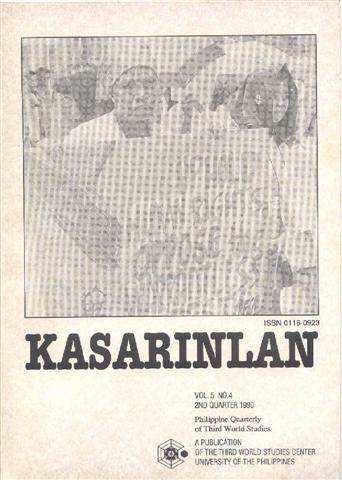The Confucian Dimension in the East Asian Development Model
Abstract
The question of whether there is a unique East Asian model of development has intrigued not only economists and political scientists, but also sociologists, anthropologists, historians, philosophers, and religionists in North America. Indeed, interest in the question has extended beyond the confines of academic inquiry. Intriguingly, since the question was first raised, the scholars specializing in East Asian studies addressed the question primarily as a response to the demands outside their expertise. It is important to note that the role of culture featured prominently when the question was first raised. This paper leans towards a discussion of the post-Confucian hypothesis, the dynamics of the Confucian tradition, the East Asian form of life, ultimately arriving at an East Asian model developed by Ezra Vogel. The evocation of the Confucian dimension gives the intellectual discourse on the East Asian model a richer texture.
Published
2008-06-25
How to Cite
WEI-MING, Tu.
The Confucian Dimension in the East Asian Development Model.
Kasarinlan: Philippine Journal of Third World Studies, [S.l.], v. 5, n. 4, june 2008.
ISSN 2012-080X.
Available at: <https://journals.upd.edu.ph/index.php/kasarinlan/article/view/988>. Date accessed: 22 sep. 2025.
Issue
Section
Features
By submitting a manuscript, the authors agree that the exclusive rights to reproduce and distribute the article have been given to the Third World Studies Center.



